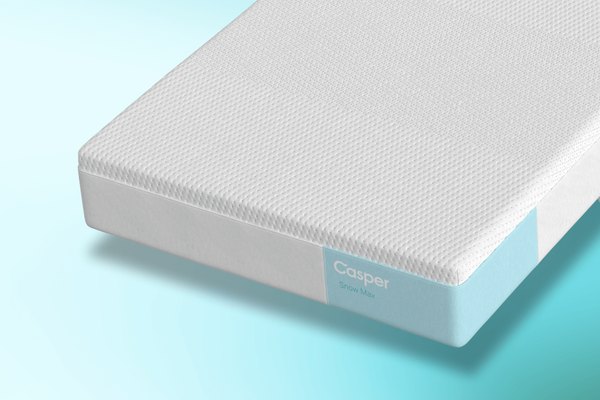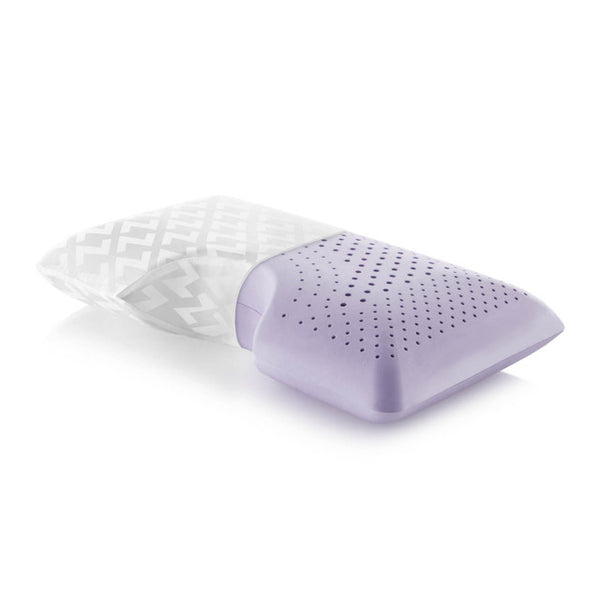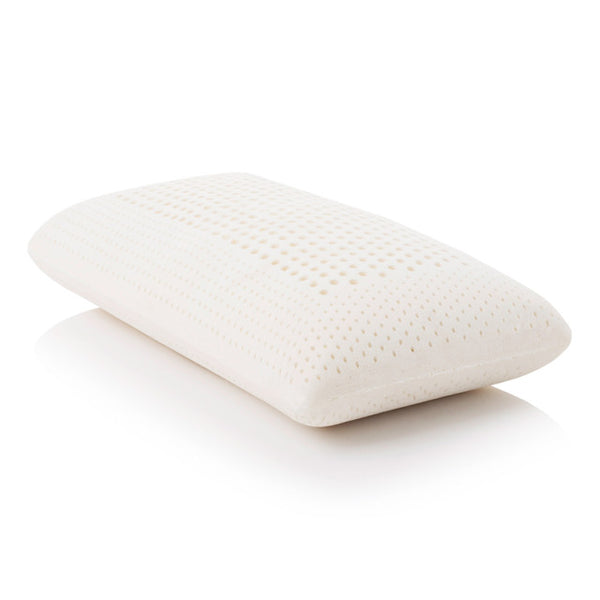
Frequently Asked Questions
1. Why is sleep important for our well-being?
2. What are the key stages of the sleep cycle?
3. How can I create a peaceful sleep environment?
4. What are some tips for establishing a healthy sleep routine?
5. How can mindfulness practices improve sleep quality?
Sleep is a fundamental human need that often gets overlooked in our fast-paced lives. The importance of quality slumber cannot be overstated as it plays a crucial role in our physical and mental well-being. In this article, we delve into the psychology of sleep and provide practical tips on how to create peaceful spaces that promote relaxation and restful sleep.
The Importance of Sleep: Understanding Its Role in Well-Being
Sleep is not merely a time of inactivity; it's a crucial process where our bodies and minds rejuvenate. During sleep, the body repairs itself, consolidates memories, and processes emotions. A good night’s sleep contributes significantly to overall health, cognitive function, and emotional resilience.
Studies have shown that lack of sleep is linked to various health issues, including obesity, heart disease, and mental disorders like anxiety and depression. Thus, prioritizing sleep is essential for anyone looking to improve their quality of life.
The Sleep Cycle: Key Stages to Understanding Sleep Quality
To fully grasp the importance of creating a peaceful sleep environment, it’s helpful to understand the sleep cycle. The cycle consists of multiple stages, including:
- Light Sleep: The transition phase where you drift in and out of sleep.
- Deep Sleep: This stage is crucial for physical recovery and health restoration.
- REM Sleep: Associated with vivid dreaming, this stage is important for emotional regulation and memory consolidation.
Each cycle lasts about 90 minutes, and most adults require 7 to 9 hours of sleep per night to complete several cycles. Creating an environment that facilitates these cycles is essential for ensuring restful sleep.
Creating Peaceful Sleep Spaces: A Step-by-Step Guide
Now that we understand the significance of sleep for our well-being, let's explore how to create spaces that promote peace and relaxation. By focusing on various elements within your bedroom, you can transform it into a serene retreat that supports your sleep goals.
1. Optimize Your Sleep Environment
The right environment can drastically improve sleep quality. Here are essential factors to consider:
- Lighting: Dim lighting in the evening helps signal to your body that it’s time to wind down.
- Temperature: A cooler room (around 60-67°F) is ideal for sleep.
- Noise: Reduce external noise using sound machines or earplugs.
Remember, every detail counts. Consider using blackout curtains to block out light, which can significantly enhance melatonin production, aiding in better sleep.
2. Choose the Right Colors
The psychology of colors plays a significant role in how we feel. Soft, calming colors like greens, blues, and pastels can create a soothing environment conducive to relaxation. Opt for bedding, walls, and decor in these peaceful hues to encourage a restful mood in your space.
3. Declutter for Clarity
Physical clutter can lead to mental clutter, making it hard to relax and unwind before bed. Take the time to declutter your bedroom, removing unnecessary items that take up space and create visual chaos. A tidy room can help establish a tranquil atmosphere, allowing your mind to ease into sleep.
4. Incorporate Natural Elements
Bringing the outdoors inside is an excellent way to create a peaceful ambiance. Consider adding houseplants like lavender or jasmine, which are known to promote relaxation and better sleep. The presence of greenery not only purifies the air but also helps reduce stress and anxiety levels.
5. Invest in Comfort
Your bed should be a sanctuary of comfort. High-quality mattresses, soft sheets, and plump pillows are essential in crafting a sleep-friendly space. However, comfort varies for everyone, so take the time to discover what bedding materials and sleeping positions suit you best.
Establishing a Healthy Sleep Routine
Creating an optimal environment is just one part of improving sleep quality. Establishing a consistent sleep routine is equally important. Here are some tips to construct a routine that honors your body's natural rhythms:
1. Set a Sleep Schedule
Try to go to bed and wake up at the same time every day, even on weekends. This consistency helps regulate your body's internal clock, making it easier to fall asleep and wake up naturally.
2. Create a Relaxing Pre-Sleep Routine
Engage in calming activities such as reading, meditating, or taking a warm bath to signal your body that it is time to relax. Avoid screens as they emit blue light, which can disrupt melatonin production and make it difficult to sleep.
3. Limit Stimulants
Caffeine and nicotine are stimulants that can keep you awake. Be mindful of your consumption and try to limit these substances, especially in the afternoon and evening.
The Power of Mindfulness for Sleep
Incorporating mindfulness into your routine can significantly enhance your sleep experience. Mindfulness practices help train your brain to focus on the present moment, reducing anxiety and racing thoughts that may interfere with sleep. Below are some mindfulness techniques to consider:
1. Deep Breathing Exercises
Deep breathing can calm the nervous system, easing pre-sleep anxiety. Spend a few minutes before bed to focus on your breath, inhaling deeply through your nose and exhaling through your mouth.
2. Meditation and Visualization
Simple guided meditations or visualizing peaceful landscapes can shift your focus away from stressful thoughts. Free apps and online resources offer numerous options for integrating meditation into your evening routine.
3. Journaling
Writing down your thoughts can be a cathartic way to clear your mind before bed. Spend a few minutes jotting down thoughts, worries, or gratitude lists to create mental space for sleep.
Sleep Hygiene: You Are What You Practice
The concept of sleep hygiene encompasses daily habits and practices that can improve your sleep quality. Adopting hygiene habits can significantly enhance your overall sleep experience. Here are essential sleep hygiene tips:
- Limit Naps: While brief naps can be refreshing, long ones can interfere with nighttime sleep.
- Eat Light Meals Before Bed: Avoid heavy meals as they can lead to discomfort, making sleep difficult.
- Exercise Regularly: Regular physical activity promotes better sleep; just avoid vigorous workouts close to bedtime.
Creating a Sleep Haven: The Final Touches
While we have covered various elements that contribute to a peaceful sleep space, it’s essential to add personal touches that resonate with you. Consider incorporating elements that evoke feelings of comfort and contentment:
1. Add Soft Textures
Cozy blankets, plush pillows, and soft rugs can invite a sense of warmth and comfort into your space. Choose materials that feel good against your skin, enhancing your overall comfort at night.
2. Choose Calming Scents
Scents significantly affect our mood and can help create a peaceful sleep environment. Consider using essential oils like lavender or chamomile, which are known for their calming properties. You can use a diffuser or linen sprays to create a soothing atmosphere.
3. Personalize Your Space
Add personal touches like artwork, framed photos, or meaningful quotes that evoke positive emotions. A space filled with items that bring joy can convert your bedroom into a haven of relaxation.
The Journey to Restfulness
Creating a peaceful sleep space is a journey that involves understanding your needs and preferences. The psychology of sleep teaches us that our environment plays a pivotal role in achieving restful slumber. By making informed choices to optimize your sleep space, you grant yourself the gift of better health, increased focus, and emotional balance. Make sleep a priority by shaping your surroundings, establishing healthy habits, and incorporating mindfulness into your evenings. Cherish the journey towards tranquility as it leads to more restful nights and vibrant days ahead.
Visit one of our fellow Shopify or Wix users' stores by clicking this store link. Please note that this is a promotional link, and we are not responsible for the content of the linked store.









